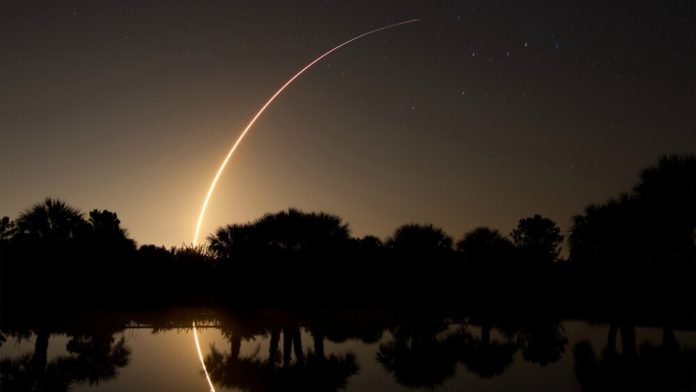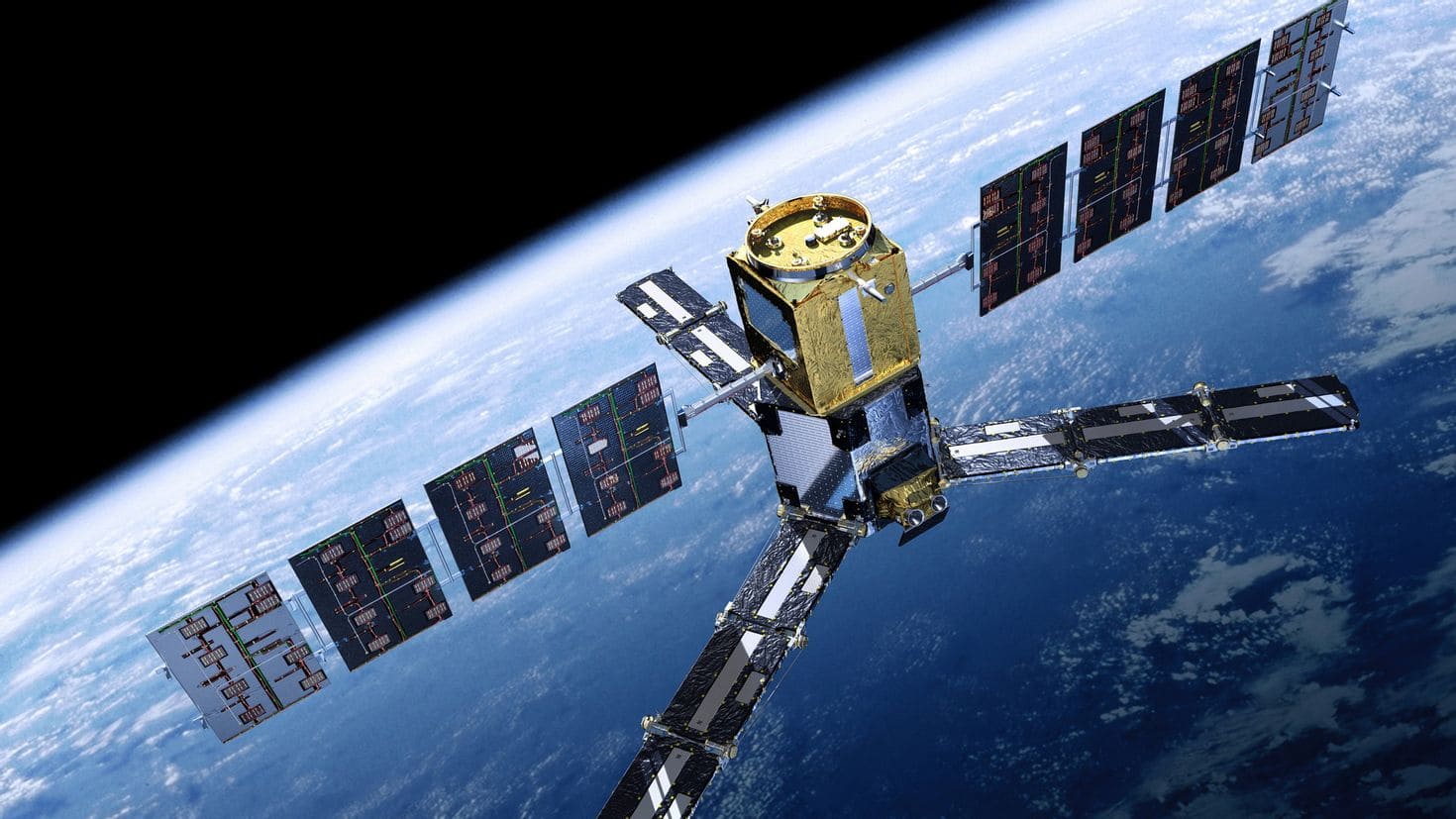South Africa has made significant strides in developing its satellite launch capabilities over the years, reflecting its growing expertise in space technology and its ambition to establish a strong presence in the global space industry.
Historical context and early developments
South Africa’s journey into space technology dates back to the 1980s. The country developed its first satellite, SunSat, which was launched in 1999. SunSat was a technology demonstrator and carried various scientific experiments. This marked South Africa’s entry into the satellite development arena.
Key institutions and organizations
- South African National Space Agency (SANSA): established in 2010, SANSA is the primary organization responsible for implementing South Africa’s space programs. It focuses on Earth observation, space science, and satellite development.
- Denel Spaceteq: a subsidiary of Denel Dynamics, Denel Spaceteq specializes in satellite systems. They have been involved in the development and manufacturing of several South African satellites.
Satellite launch capabilities
While South Africa has demonstrated considerable expertise in developing satellites, it does not yet possess the capability to launch satellites independently from its own soil. Instead, South Africa collaborates with international partners for the actual launches.
Notable satellites developed by South Africa
- SunSat (1999): South Africa’s first satellite, developed by Stellenbosch University, was launched aboard a Delta II rocket from Vandenberg Air Force Base in the USA.
- SumbandilaSat (2009): a low Earth orbit satellite launched to aid in Earth observation, it was launched aboard a Soyuz rocket from Baikonur Cosmodrome in Kazakhstan.
- ZA-CUBE series (2013 and 2018): these are CubeSats developed for educational and scientific purposes. ZA-CUBE-1 and ZA-CUBE-2 were launched to provide data for space weather research and maritime domain awareness.
Current and future developments
South Africa continues to invest in its satellite development capabilities and infrastructure. Future plans include:
- MeerKAT and SKA (Square Kilometre Array): although primarily radio astronomy projects, the infrastructure and expertise gained from these projects contribute to the broader space technology ecosystem in South Africa.
- International collaborations: South Africa actively collaborates with space agencies and organizations worldwide, including NASA, ESA (European Space Agency), and ISRO (Indian Space Research Organisation), to enhance its capabilities and gain access to launch services.
- Satellite constellations: Plans are in place to develop and deploy small satellite constellations to improve communication, Earth observation, and space weather monitoring.
Challenges
Despite the progress, South Africa faces challenges in achieving self-sufficiency in satellite launches:
- Financial constraints: developing launch infrastructure and capabilities is capital-intensive.
- Technological hurdles: establishing a fully operational launch system requires advanced technology and expertise.
- Global competition: the global space industry is highly competitive, with established players dominating the market.
South Africa has made remarkable progress in satellite technology, focusing on the development and utilization of satellites for various applications. However, the country still relies on international partnerships for launching its satellites. Continued investment, collaboration, and technological advancements are crucial for South Africa to achieve greater independence and establish itself as a significant player in the global space industry.



